Smart water management is the need of the hour
By Edit Team | June 5, 2020 6:44 am SHARE
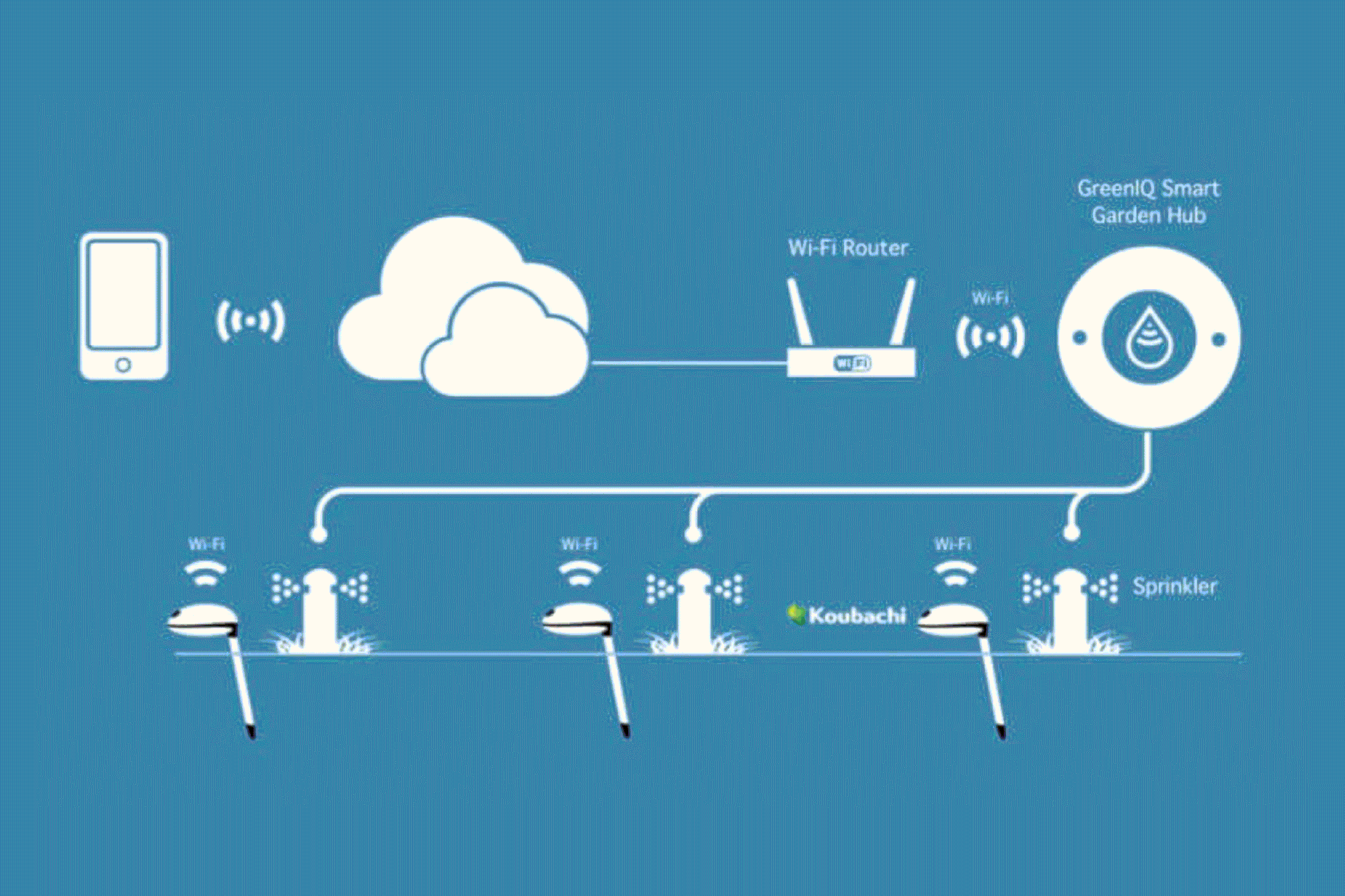
Water loss in a country like India happens due reasons like inefficient ways for agricultural practices; water conveyance and excessive usage of underground water.
Almost 97mn Indian population does not have access to safe and potable water as per the study by WHO. Water consumption is increasing manifolds with an increase in population at an alarming rate. India, the second most populated country of the world, has limited water resources to cater to the needs of its citizens. Therefore, it calls for an immediate introspection of the factors which lead to a water crisis and an effective solution to it.
Water loss in a country like India happens due reasons like inefficient ways for agricultural practices; water conveyance and excessive usage of underground water. The untreated water, sewage drains, chemical wastes and other toxic wastes from the factory is released into the rivers resulting into water pollution. Adding to it, the over consumption of groundwater leads to the lowering of the groundwater table in most parts. This coupled up with the inefficient water management and distribution system results in a water shortage.
The need of the hour is to use water wisely and smartly. There are many ways to prevent from the water crisis. Education and awareness is the key factor to raise the importance of water and its scarcity among the public. It becomes as important for the centre as well as state governments to spread awareness about the real-time information of the groundwater. This will not only help in managing the extraction in an organized and cooperative way but will also help in making people understand the importance of underground water. The public should also be educated and made aware of the ways to recycle the water. Water recycling is one of the best practices which could help in saving a lot of water from getting wasted.
In today’s world, there are a number of technologies to recycle wastewater. Not only does it save money on one hand, it also helps in dealing with water scarcity. People should also be sensitive about water conservation techniques. For example, water sense labeled irrigation controllers, soil moisture sensors, rainfall shutoff devices, rain sensors, rainwater harvesting, groundwater recharge, sprinkler heads and micro-irrigation are a few techniques which could give better results.
Watershed development needs to be promoted and it is one of the best ways to make proper use of the available limited resources. Watershed development model has already worked very well in states like Gujarat. The government should make strict laws for implementation which is necessary to reduce water pollution.
Smart water management refers to the regular availability of this valuable resource and how to distribute it in an effective manner. Smart water management is a system about the pressure, flow and distribution of water in the city. There are many ways for smart management which are given below:
Analytics: Data analytics is an inexpensive way of smart water management strategies. This would help in predicting that when and how much water is being used in a particular location. It also helps in predicting water availability and forecasting to make sure sufficient supply.
Water infrastructure management: Geospatial based water infrastructure management helps in providing the details of the distribution system of municipal and wastewater. It helps in engineering analysis of managing, mapping and maintaining the records.
Ghost pipe detection system: This helps in detecting the ghost pipes to safe water from theft with the help of the advanced technology and sensors.
Leakage sensors: These sensors detect the leakage and help in raising the alarm to switch off the excess water flow.
Water pressure optimiser: It makes sure that the right pump configuration runs right at a time and at the right efficiency.
Real-time Hydraulic water distribution tools: It informs about the issues regarding quality, volume or pressure so that action can be taken by the operator at the right time.
Online Hydrology maps: This would help in determining the level of the underground water and determining the water capacity in mineral deposits and the interrelation between terrain and underground water. These maps also help in locating the right place for underground water.
Smart meters: It helps in providing real-time information and let the customers monitor their water consumption and then assists in water management. It provides detailed information about how much, when and where water is being used.
Water quality meters: It would help in accessing the quality of water and helps in taking the corrective decision at the right time when there is degradation in water quality.
The government is already taking initiatives to solve the water crisis but it is important for all of us to understand the importance and act responsibly to use this limited resource wisely. Govt. is ensuring the proper water supply to the household but the problem is not solved yet, as the next problem is sewage and wastewater management. Wastewater treatment is important to prevent the natural source to get over and this treated water can be used in industries and agriculture.
For more details, contact:
Dr. Harish Kumar Sharma,
Executive Director,
REPL (Rudrabhishek Enterprises Ltd)
Cookie Consent
We use cookies to personalize your experience. By continuing to visit this website you agree to our Terms & Conditions, Privacy Policy and Cookie Policy.



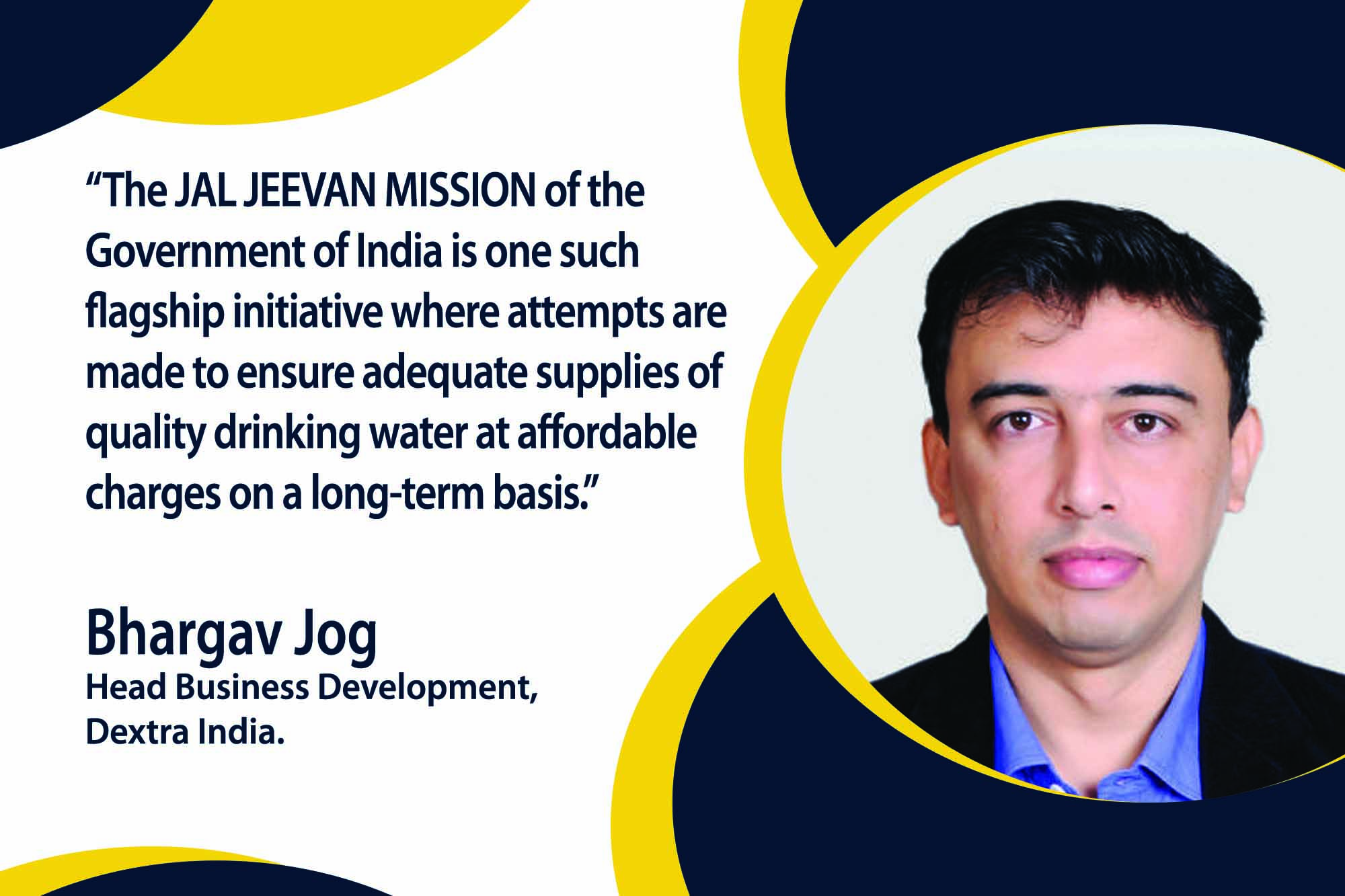
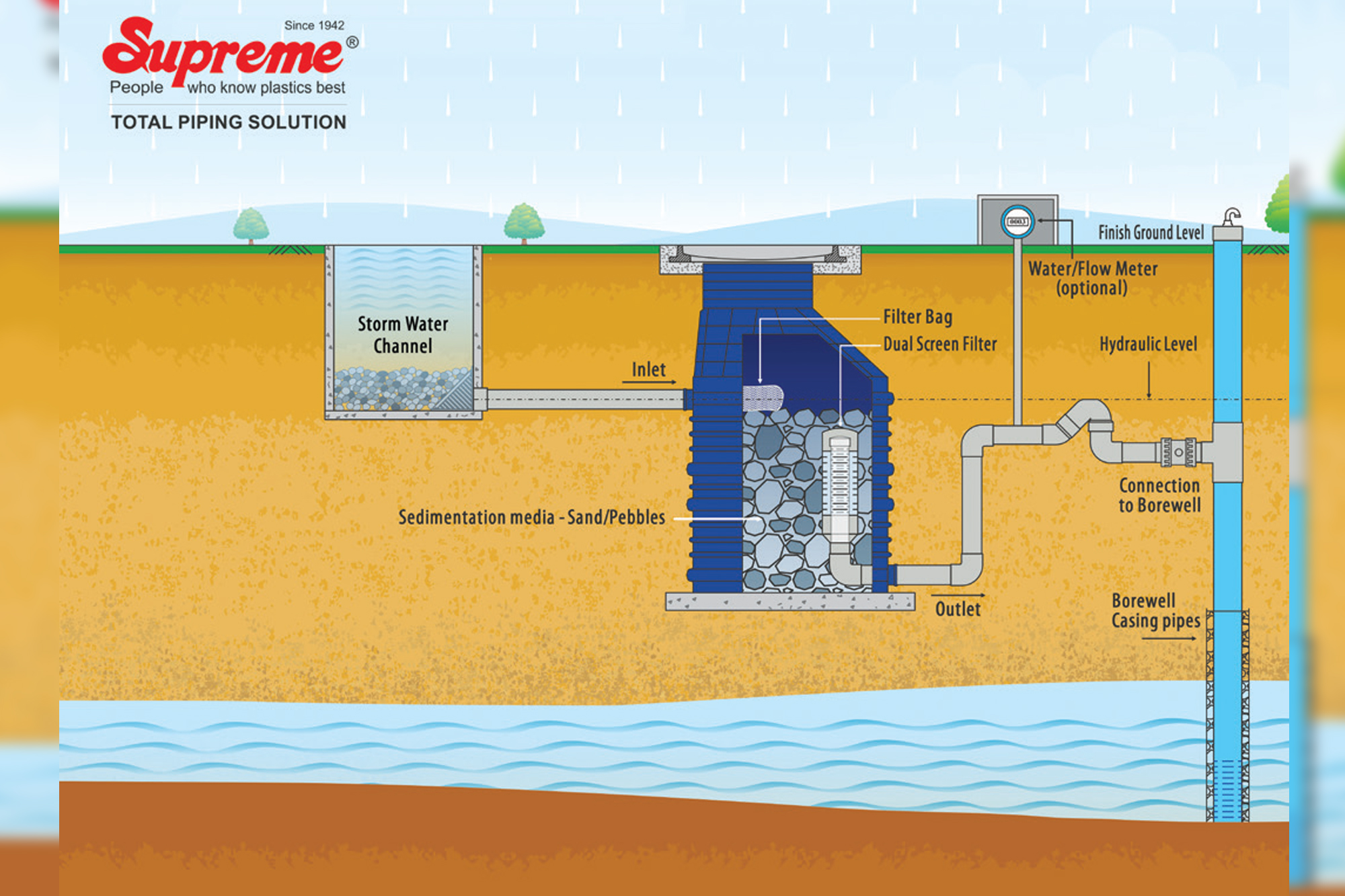

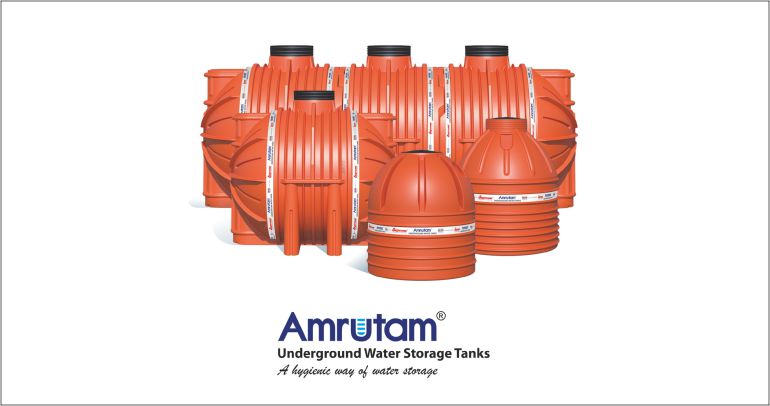

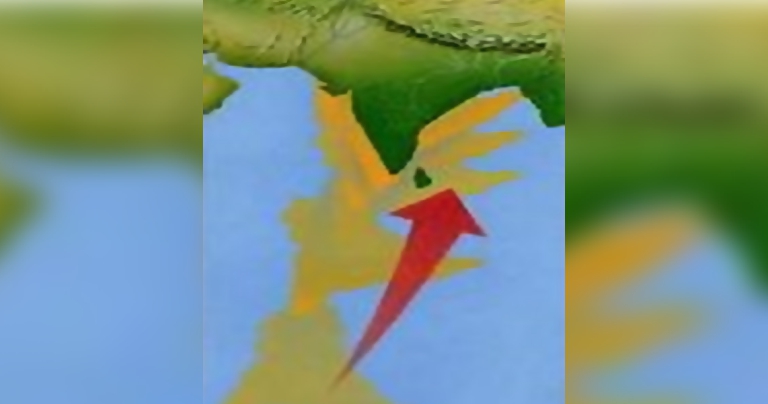



























-20240213125207.png)

























